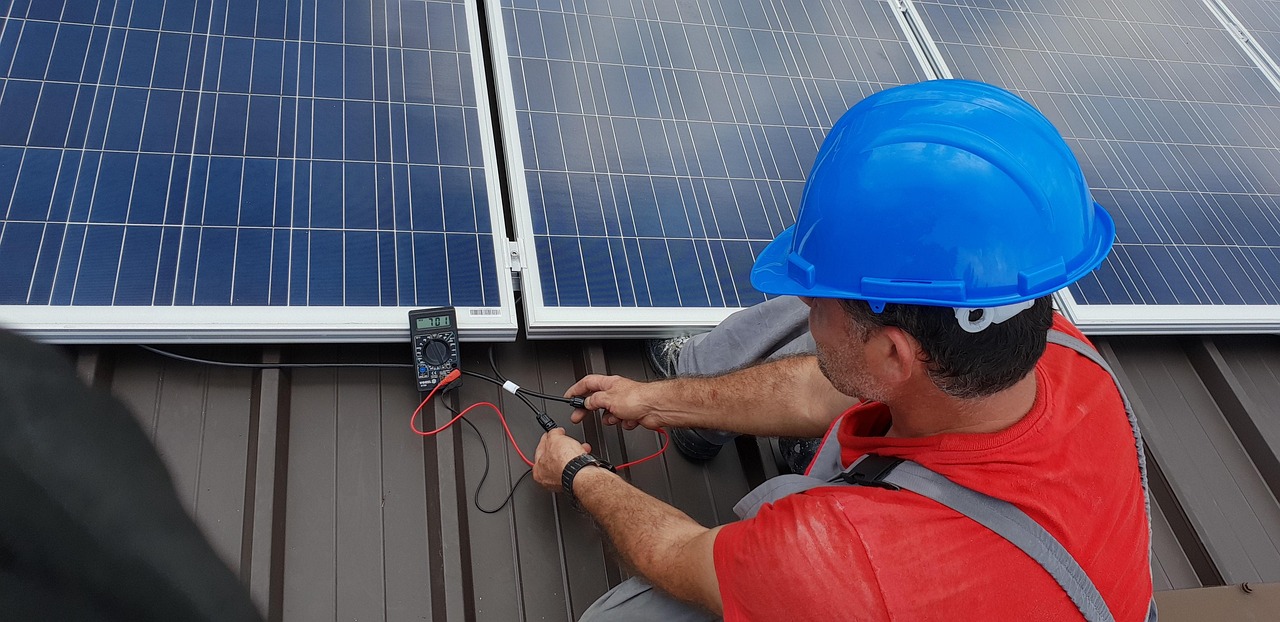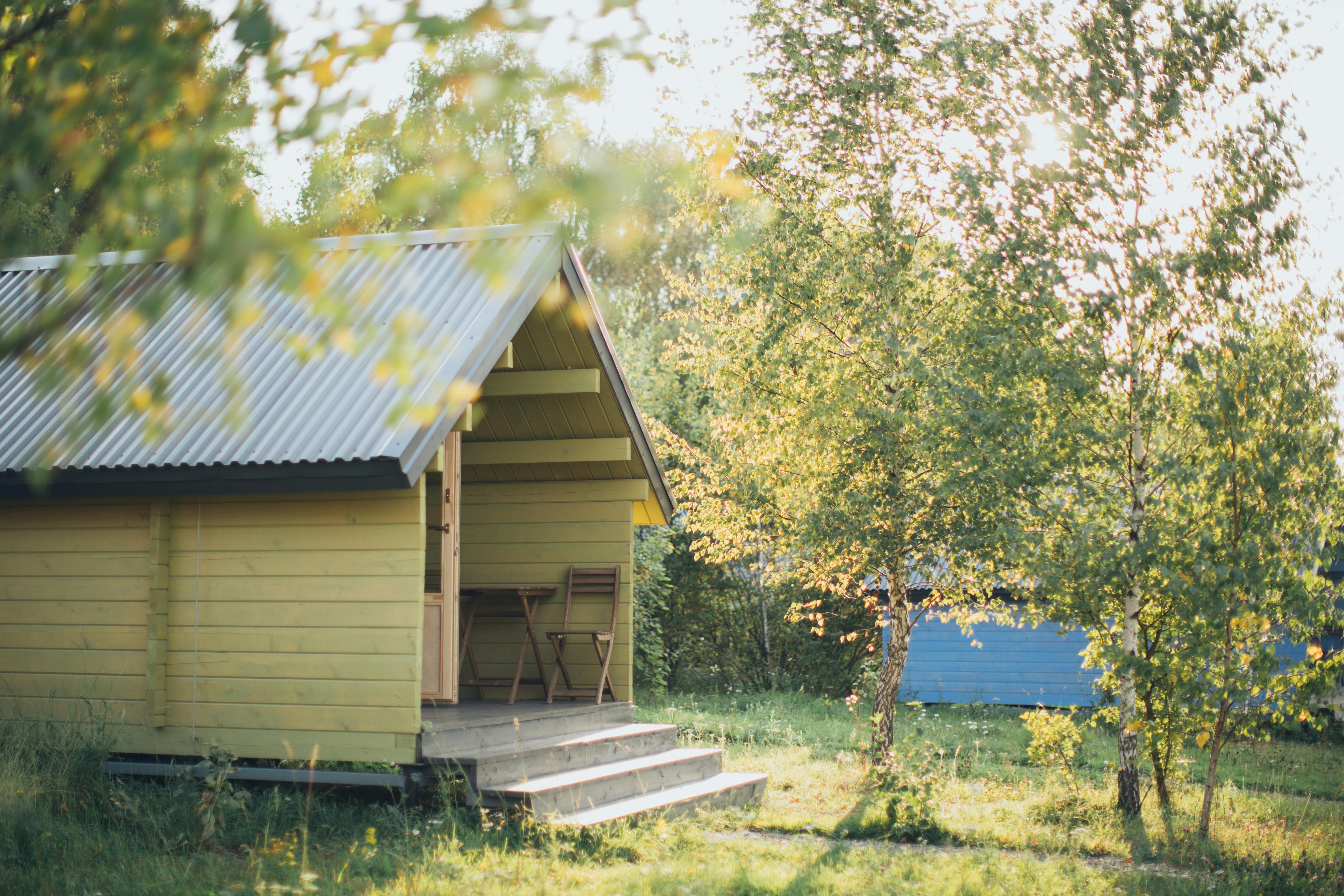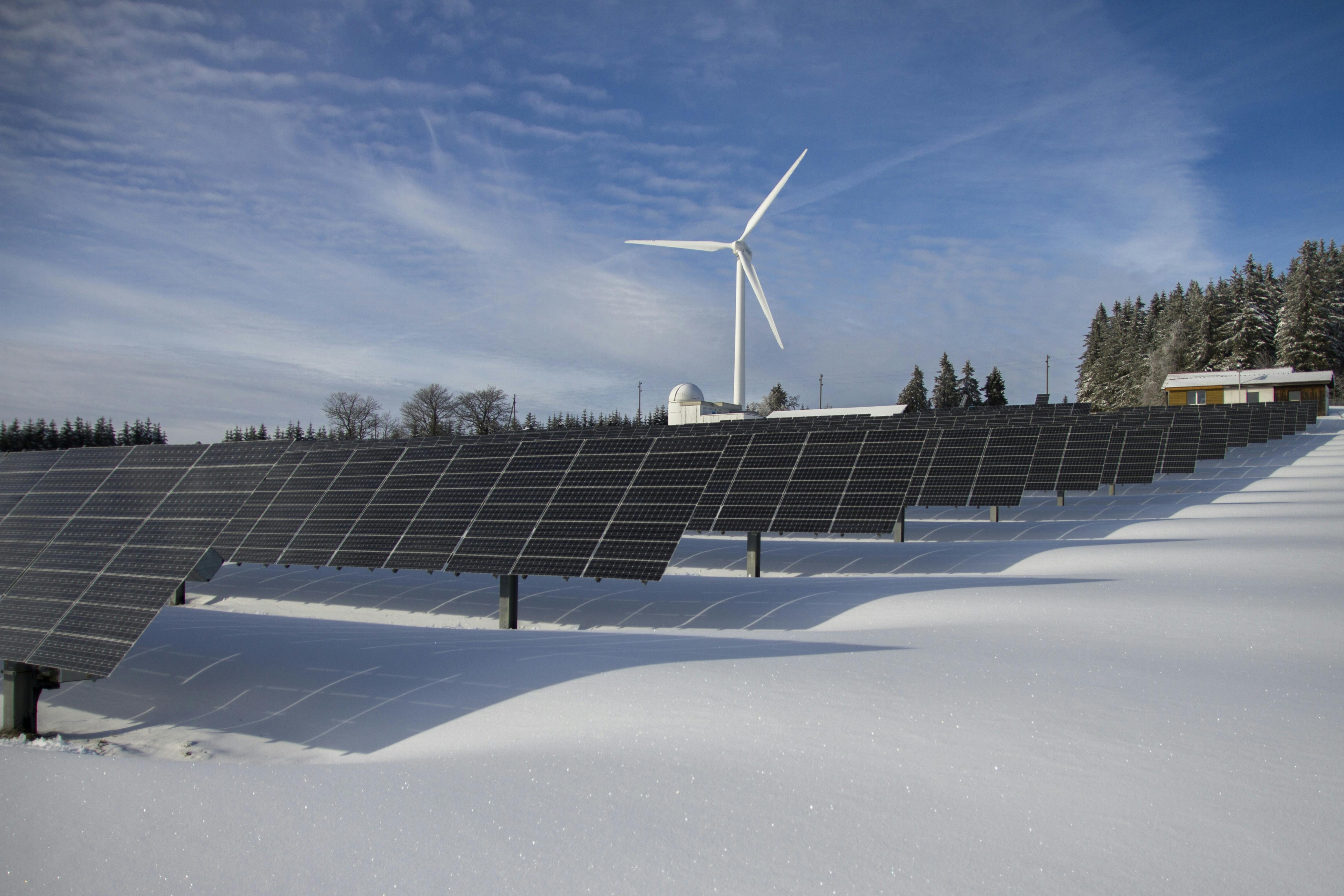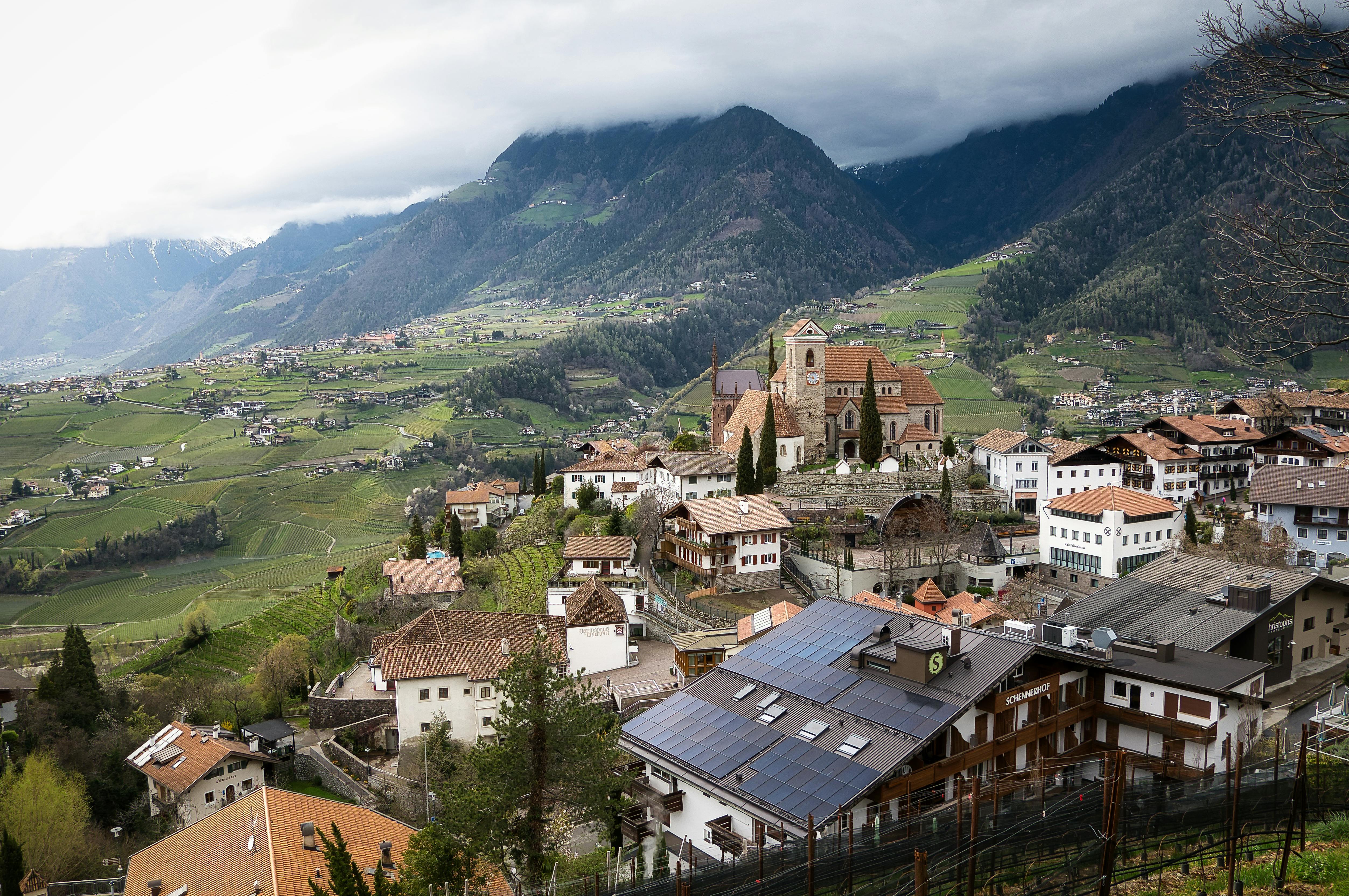The Pros & Cons of Solar Panels for Your Home
Explore the pros and cons of solar panels for homeowners. Make informed decisions on renewable energy.

Discover the pros and cons of solar panels for homeowners, and make informed choices about switching to renewable energy.

In this guide, we'll walk you through the pros and cons of installing solar panels at home, giving you the key information you need to decide if solar energy is the right fit for you. If you prefer to see the numbers for yourself, we recommend trying our solar panel calculator. It factors in your property’s specifics and energy usage to give you a highly accurate estimate - 96% to be exact, of your potential solar energy production, costs, and carbon savings.
Pros and Cons of Solar Panels for Your Home
When considering solar panels for your home, it's vital to weigh up both the pros and cons. To keep things simple, we've listed each in the below tables. For more information on each pro and con, simply scroll down for concise explanations of each point.
Pros of Solar Panels
Cons of Solar Panels
Advantages of Solar Panels
Reduced Electricity Bills
One of the biggest advantages of solar panels is their ability to dramatically cut electricity bills. With energy prices on the rise, many homeowners are eager to find ways to protect themselves from these increasing costs. Installing solar panels provides a smart and effective solution to help you gain more control over your energy expenses.
Integrating a solar energy system into your home allows you to significantly cut down on your reliance on the electricity grid by generating some or even all of your own power. The savings you experience will depend on factors like the size and efficiency of your solar setup. In the UK, homeowners can see their electricity bills drop by up to £800 a year with solar panels. Plus, if you take advantage of the Smart Export Guarantee (SEG) scheme, which pays you for any surplus energy you send back to the grid, your total savings could exceed £1,100 annually.
Beyond the financial savings, solar panels offer a sense of security. In a time when prices for everyday essentials are climbing, having stable energy costs feels like securing a fixed-rate mortgage in a world of unpredictable interest rates. It’s reassuring to know you can rely on consistent energy expenses, helping you plan your budget with confidence.
Renewable Electricity Source
The conversation about environmental degradation is more urgent than ever. While fossil fuels have long been a primary energy source, they’ve caused significant harm to our planet. In 2022 alone, the UK emitted a staggering 417.1 million tonnes of harmful greenhouse gases. It’s time to rethink our energy choices for a healthier future.
By harnessing sunlight to generate electricity, we can significantly reduce the damage caused by non-renewable energy sources. In fact, the average UK household that makes the switch to solar energy can prevent about 900 kg of CO2 from being released into the atmosphere each year. It’s a meaningful step toward a cleaner, more sustainable future.
Low Maintenance Costs
Once installed, solar panels truly embrace the "fit and forget" philosophy. With their durable design and no moving parts, they require very little upkeep. Usually, a quick inspection every six months and an occasional professional cleaning are all you need to keep them running at their best. This low maintenance requirement helps keep ongoing costs down, making your investment even more appealing. For more tips on maintaining and cleaning your solar panels, check out our solar maintenance and cleaning guide - it’s packed with essential information to keep your system in top shape.
Energy Independence
Solar panels can empower you to become fully self-reliant, allowing you to generate your own energy and reduce your dependence on the grid.
By integrating solar panels into your home, you stand to gain:
Consistent Power Supply: Relying too much on the grid can make you vulnerable to unexpected outages. By installing solar panels, especially when paired with batteries for energy storage, you can enjoy a more reliable and stable power source for your home. This way, you can feel more secure, knowing you have a backup plan when the grid goes down.
Flexibility and Scalability: Solar panels provide homeowners with a flexible energy solution. If your energy needs change, it’s easy to add more panels or upgrade your system for better performance. This adaptability helps you take control of your energy consumption and shield yourself from future price increases.
Solar Panels Can Increase Property Value
Installing solar panels can boost your home's market value significantly. A 2022 survey found that homes with solar systems can sell for as much as 9.4% more than those without. This means that going solar not only benefits your energy bills but can also make your property more attractive to potential buyers.
This shows that potential buyers are not only aware of the long-term financial and environmental benefits of solar installations but are also ready to invest in them.
As energy prices keep climbing, homes equipped with solar solutions are increasingly seen as more future-proof. These properties not only have the potential to save you money on monthly bills, but they also provide a level of security against unpredictable energy markets. This resilience makes them even more appealing and valuable to potential buyers.
Disadvantages of Solar Panels
Switching to solar energy is a big step toward a cleaner future, but it’s important to understand the challenges involved. Before making the switch, here are a few key factors to consider.
High Initial Cost
The appeal of solar panels is undeniable, but the upfront cost can leave some homeowners feeling hesitant. The cost of solar panels in the UK can differ depending on the size of the system and whether there’s a battery involved. A smaller 3kW system with 8 to 10 panels (without a battery) typically costs between £6,000 and £7,000. While that’s certainly a sizable investment, it’s important to look at the bigger picture. Over the lifespan of your solar panels, which can last several decades, the long-term savings on energy bills will more than justify the upfront cost, making it a smart financial decision in the long run.
Note - for a personalised solar panel quote, and an estimate of cost savings, feel free to use our solar panel calculator.
For those finding the upfront cost burdensome, finance options are available. At Make My House Green, our collaboration with Plend provides fast approval financing options up to £15,000 for our customers.
Many high street banks in the UK also offer "Home Improvement Loans" specifically tailored for projects like this. While government grants may not be available at the moment, it’s important to stay informed—policies can change, and new subsidies could become available down the line.
Roof Space Limitations
The number of panels you can fit on your roof is directly proportional to the amount of electricity you can generate. For homes with limited roof space, reaching full energy independence can be more difficult. However, you can still generate enough to cover the majority of your energy needs. We’d recommend reading a guide on how many solar panels do you need to power your house - it will help you understand whether solar panels could cover your entire energy needs.
In addition to roof space, it’s also worth considering:
Roof Angle & Orientation: The angle and orientation of your roof are key factors in how well your solar panels will perform. In the UK, a south-facing roof is ideal, as it captures the most sunlight throughout the day. While a 30 to 40-degree roof angle is typically recommended, the optimal angle can vary depending on your location and the type of solar panels you use. If your roof faces east or west, you can still generate plenty of solar energy, but you might need to install panels on both sides to maximise your energy output.
Shadows and Obstructions: Trees, nearby tall buildings, or even chimneys can cast shadows on your solar panels, cutting down their efficiency. It’s not just about having space; it’s about having the right space—one that’s open and free from obstructions.
Conversion Efficiency
The concept of solar energy is straightforward: harness sunlight and convert it into electricity. However, achieving perfect efficiency in this process is still beyond reach. Most solar panels today are made from silicon, which has a theoretical efficiency cap of around 29%. In reality, the panels on the market usually convert between 15% and 22% of sunlight into usable energy. While these numbers might seem modest, the sheer abundance of solar energy more than makes up for it, ensuring that even with current technology, solar power remains an effective and sustainable energy source.
Solar technology has come a long way in recent years. In 2010, most solar panels were only about 12% to 15% efficient, but today’s models are much more powerful. Thanks to ongoing research and innovation, efficiency keeps improving, helping us harness even more solar energy than ever before.
Environmental Impact of Manufacturing
While solar panels are a symbol of clean energy, the story behind their manufacturing is more complex.
The main materials used to create solar panels, like glass and silicone, are abundant and environmentally friendly. However, the mining of finite resources such as indium and gallium does raise environmental concerns. While these materials are essential for solar technology, their extraction can have significant impacts on ecosystems and communities.
There’s some great news: your solar panels only need about two years of operation to offset the carbon emissions generated during their manufacturing. After that, they start producing clean energy, continuously reducing their initial environmental impact with every ray of sunshine converted into electricity.
For more information about solar panel’s impact on the environment, check out our article on whether solar panels are actually green?
Are Solar Panels Worthwhile for You?
After considering the pros and cons of solar panels, it's time to figure out if they’re the right fit for your home. Our solar energy calculator is designed to help you make this decision with greater clarity.
This user-friendly tool allows you to estimate how much solar energy you could generate annually based on your postcode and a few details about your property. It not only provides an estimate of the potential energy you could harness but also translates these figures into potential savings for you.
The calculator also helps you find the best solar panel options tailored to your unique needs. If you decide to move forward, we’ll connect you with a network of trusted suppliers and installers, ensuring you get a quality installation and reliable performance for your solar system.
For further insights, check out our guide on whether solar panels are worth it in the UK. It offers detailed information to help you make an informed decision.
Final Thoughts
Solar panels come with a range of pros and cons. On the plus side, they can greatly reduce your electricity bills, contribute to a cleaner environment, boost your property value, and provide you with energy independence. However, there are also some drawbacks to consider.
However, like any major investment, there are challenges to think about. The upfront costs can feel overwhelming, and limitations on roof space can create obstacles. Additionally, while solar panel efficiency is improving, there’s still room for enhancement.
Ready to see what you can save?
Our solar calculator is 100% free to use. Enter your postcode below to get started.

Based on 400+ Trustpilot reviews






